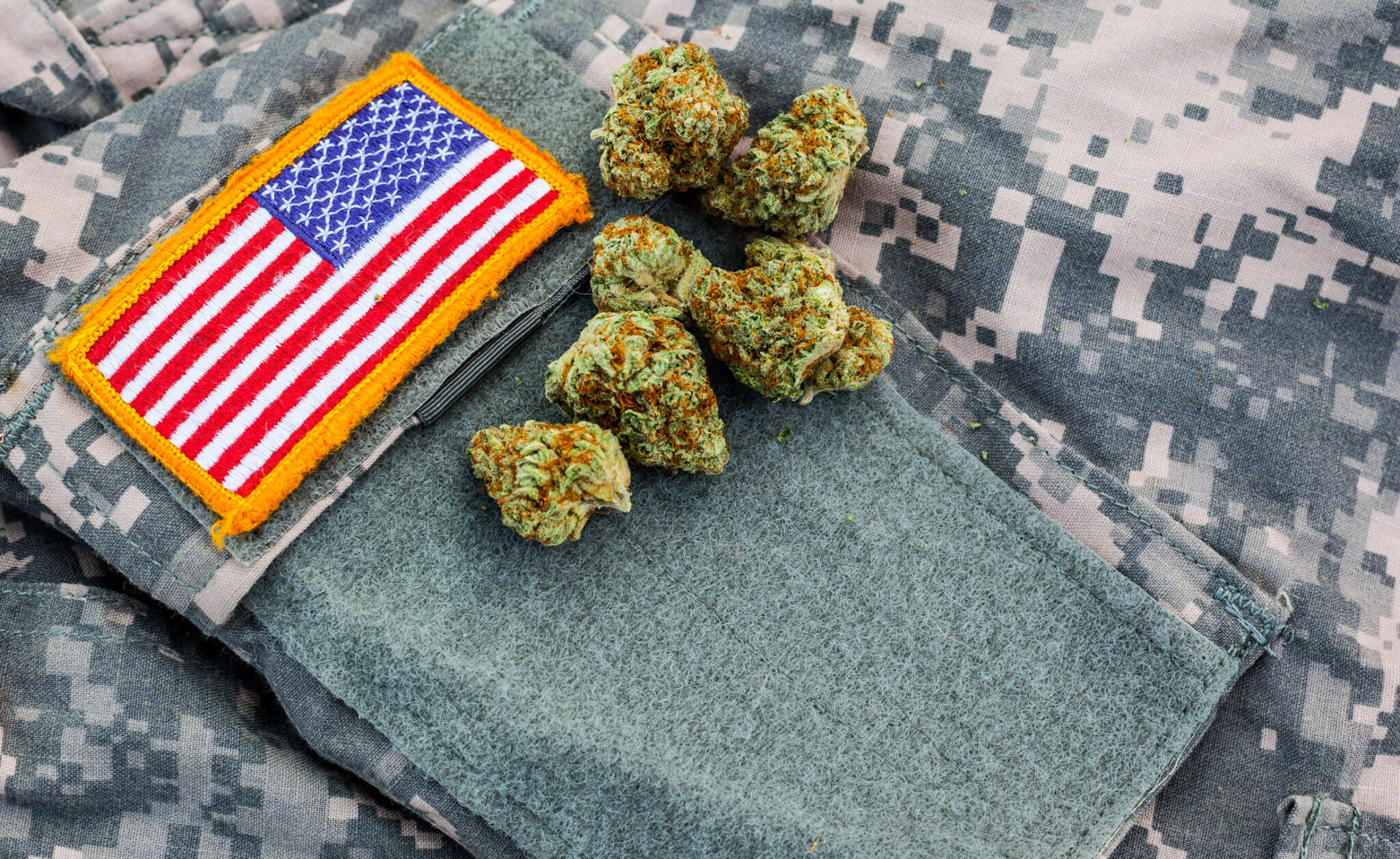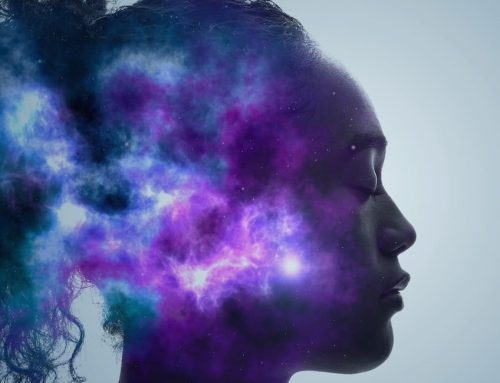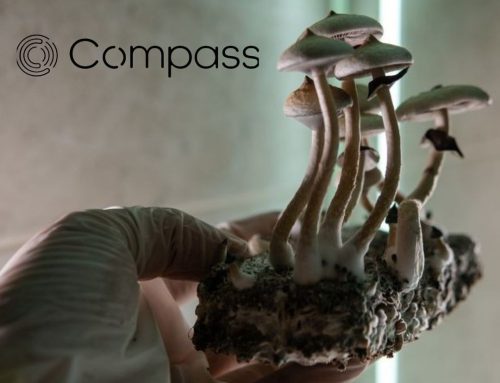VA Prepares for Potential Deployment of Psychedelic Treatments for PTSD
LOS ANGELES- The U.S. Department of Veterans Affairs (VA) is strategizing the rapid deployment of psychedelic treatments for mental health disorders, should such therapies receive FDA approval. A planning document, reportedly reviewed by The Intercept, outlines the responsibilities of the “Psychedelic Medicine Integrated Project Team” within the VA.
The document includes regular tasks such as advising VA Under Secretary for Health Shereef Elnahal and providing strategic direction for the deployment of psychedelic medicine within the Veterans Health Administration (VHA). The VA has declined to comment on the circulated document.
Upcoming FDA Hearing on MDMA
This development comes ahead of an FDA advisory committee meeting scheduled for June 4, which includes a public hearing on the potential approval of MDMA-assisted therapy for post-traumatic stress disorder (PTSD). The Psychopharmacologic Drugs Advisory Committee will discuss the benefit-risk profile and potential public health impact of Lykos Therapeutics’ application for MDMA capsules. The committee will provide nonbinding recommendations to the FDA.
VA’s Focus on Mental Health
The VHA, the largest integrated health care system in the U.S., currently prioritizes treating veterans suffering from drug-resistant depression and PTSD. In January, the VA requested proposals from its network of researchers to study the use of psychedelic compounds, including MDMA, for treating PTSD and depression.
Preparing for High Demand
VA Under Secretary for Health Shereef Elnahal spoke at the Horizons psychedelics conference in New York on May 10, stating the need to prepare for the “overwhelming demand” for MDMA-assisted therapy, which could be approved as soon as August. Elnahal emphasized the strong support for legalizing psychedelic medicine based on preliminary data and veterans’ testimonies.
“The reason I’m here is that the data and results, the stories that I have heard from veterans who have gone through these studies, these therapies, speak for themselves,” Elnahal said. “The evidence-based therapies that we have, while they help, pale in comparison if we are able to replicate the scale seen in the preliminary results we have seen in psychedelics, especially MDMA for PTSD, and increasingly psilocybin for treatment-resistant depression.”
Treatment Implementation Challenges
MDMA, commonly known as ecstasy, has a history as a recreational drug but requires professional supervision when used in a clinical setting. Controlled doses can last for hours, necessitating physical space and professional oversight for the treatments. The VA is proactively preparing to establish the necessary infrastructure to accommodate potential patient demand.
The FDA has noted that MDMA capsules have not been approved by any regulatory agency, and the safety and efficacy of the drug for treating PTSD have not yet been established



































